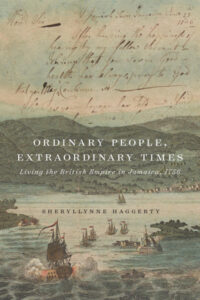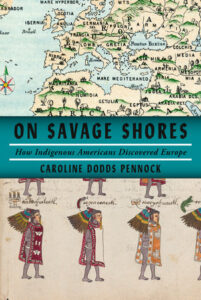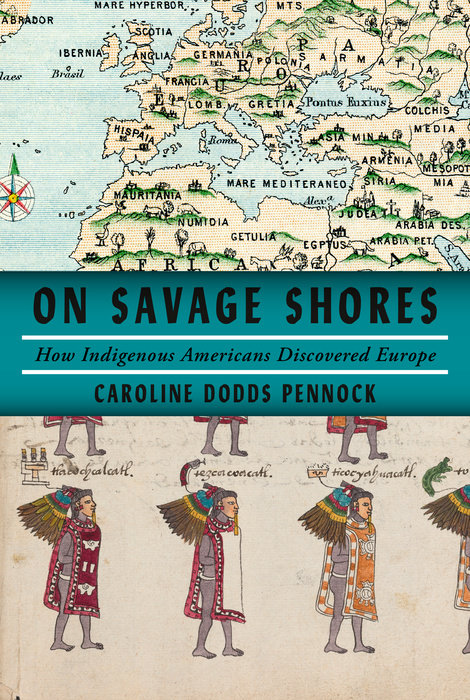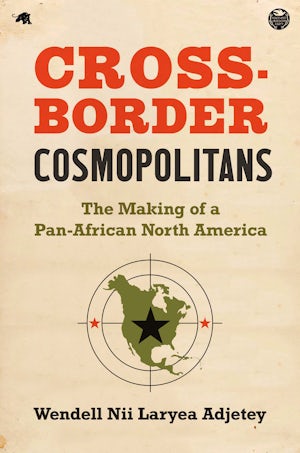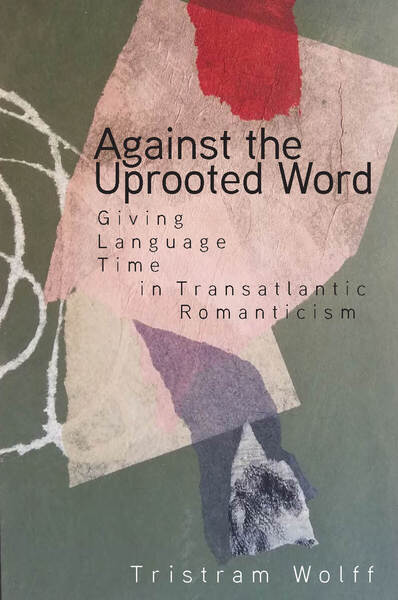Johns Hopkins University Press | $57.00 | Published 2020 | 200 pages | ISBN 9781421439686
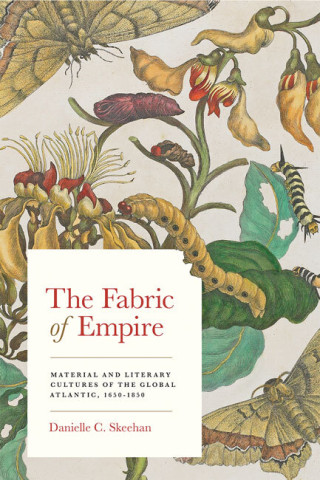 From the Press “A history of the book in the Americas, across deep time, would reveal the origins of a literary tradition woven rather than written. It is in what Danielle Skeehan calls material texts that a people’s history and culture is preserved, in their embroidery, their needlework, and their woven cloth. In defining textiles as a form of cultural writing, The Fabric of Empire challenges long-held ideas about authorship, textuality, and the making of books.
From the Press “A history of the book in the Americas, across deep time, would reveal the origins of a literary tradition woven rather than written. It is in what Danielle Skeehan calls material texts that a people’s history and culture is preserved, in their embroidery, their needlework, and their woven cloth. In defining textiles as a form of cultural writing, The Fabric of Empire challenges long-held ideas about authorship, textuality, and the making of books.
It is impossible to separate text from textiles in the early modern Atlantic: novels, newspapers, broadsides, and pamphlets were printed on paper made from household rags. Yet the untethering of text from textile served a colonial agenda to define authorship as reflected in ink and paper and the pen as an instrument wielded by learned men and women. Skeehan explains that the colonial definition of the book, and what constituted writing and authorship, left colonial regimes blind to nonalphabetic forms of media that preserved cultural knowledge, history, and lived experience. This book shifts how we look at cultural objects such as books and fabric and provides a material and literary history of resistance among the globally dispossessed.
Each chapter examines the manufacture and global circulation of a particular type of cloth alongside the complex print networks that ensured the circulation of these textiles, promoted their production, petitioned for or served to curtail the rights of textile workers, facilitated the exchange of textiles for human lives, and were, in turn, printed and written on surfaces manufactured from broken-down linen and cotton fibers. Bringing together methods and materials traditionally belonging to literary studies, book history, and material culture studies, The Fabric of Empire provides a new model for thinking about the different media, languages, literacies, and textualities in the early Atlantic world.”
 From the publisher: “Examining the transatlantic writings and professional careers of Thomas Carlyle and Ralph Waldo Emerson, this book explores the impact of literary, cultural, political and legal manifestations of authority on nineteenth-century British and American writing, publishing and lecturing. Drawing on primary texts in conjunction with a rich body of archival sources, this study retraces Romantic debates about race and nationhood, analyses the relationship between cultural nationalism and literary historiography and sheds light on Carlyle’s and Emerson’s professional identities as publishing authors and lecturing celebrities on both sides of the Atlantic.”
From the publisher: “Examining the transatlantic writings and professional careers of Thomas Carlyle and Ralph Waldo Emerson, this book explores the impact of literary, cultural, political and legal manifestations of authority on nineteenth-century British and American writing, publishing and lecturing. Drawing on primary texts in conjunction with a rich body of archival sources, this study retraces Romantic debates about race and nationhood, analyses the relationship between cultural nationalism and literary historiography and sheds light on Carlyle’s and Emerson’s professional identities as publishing authors and lecturing celebrities on both sides of the Atlantic.”
